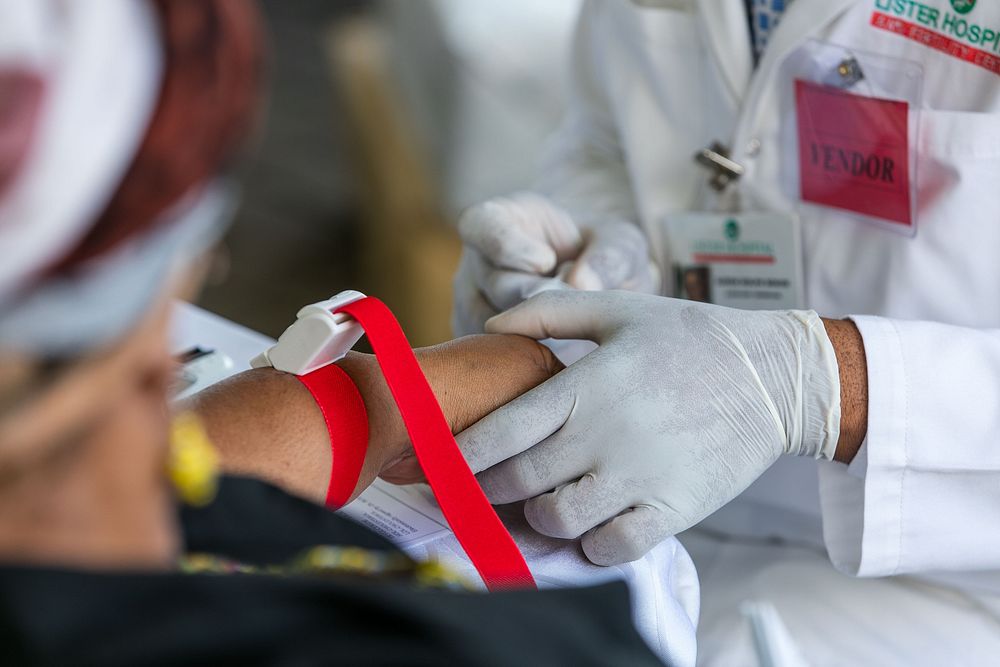Taking control of health is a proactive step toward overall well-being, and for women, this means regular health check-ups tailored to specific needs. Women’s health encompasses a diverse range of medical concerns that can impact different stages of life. By staying informed and engaged with routine check-ups, women can address potential health challenges early and maintain a balanced lifestyle.
What Does Women’s Health Entail?
Women’s health refers to the medical and physical factors uniquely associated with women’s biological systems and overall well-being. This includes reproductive health, hormonal changes, and conditions that may manifest during different life stages. Understanding these aspects can guide appropriate medical care and preventative steps.
Reproductive Health
A substantial part of women’s health focuses on reproductive health. This involves monitoring menstrual health, addressing any irregularities, and managing conditions such as polycystic ovary syndrome (PCOS) or endometriosis. Conversations around contraception, family planning, and preconception care fall under this category. These discussions help women make informed decisions about their reproductive journeys.
Breast Health
Breast health is another central component of women’s health. Regular screenings, including clinical exams and mammograms, can detect early signs of changes in breast tissue. Observing any unusual symptoms, such as lumps, is also part of maintaining breast health.
Why Are Regular Check-Ups a Priority?
Regular medical check-ups offer a structured approach to identifying changes in health and addressing them promptly. Routine check-ups can help detect early signs of potential medical conditions. Regular screenings for cervical health via Pap smear tests can identify precancerous changes early.
Preventive Care
Regular appointments often include preventive screenings based on age, family history, and lifestyle factors. These may range from routine bloodwork to more specialized tests such as bone density scans or blood sugar tests for PCOS. Preventive care provides individuals with actionable insights into maintaining long-term health.
Ongoing Monitoring
Consistent medical visits help track health changes over time. These trends can provide integral information when tailoring medical advice to specific needs. For example, monitoring the progression of conditions such as hypertension, diabetes, or hormonal imbalances may allow for more precise adjustments to care plans.
Building Relationships and Promoting Accountability
Establishing trust with healthcare providers through regular visits fosters open communication. Discussing symptoms, changes, or concerns can become more straightforward when there is an established relationship. This may lead to more effective care. Scheduling check-ups encourages individuals to remain engaged in their health journeys. By actively participating in medical care, individuals may be more likely to implement lifestyle changes and adhere to recommendations provided by healthcare professionals.
Reach Out to an OBGYN for a Check-up
Women’s health encompasses a wide spectrum of needs and responsibilities, making regular check-ups a meaningful part of overall wellness. These appointments create opportunities for personalized care, early intervention, and preventative screenings. Reaching out to an experienced OBGYN for guidance on the next steps towards better health. These professionals can provide further information, answer questions, and help tailor care to individual preferences and needs. With their support, women can continue to make strides toward health that empowers them throughout every stage of life.

